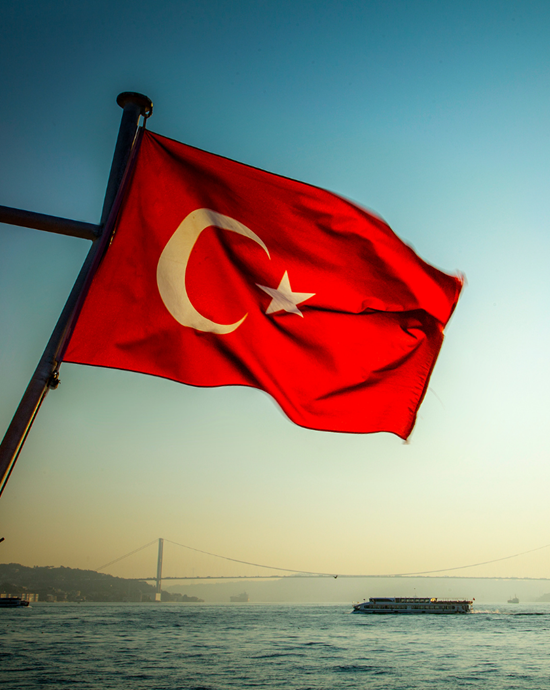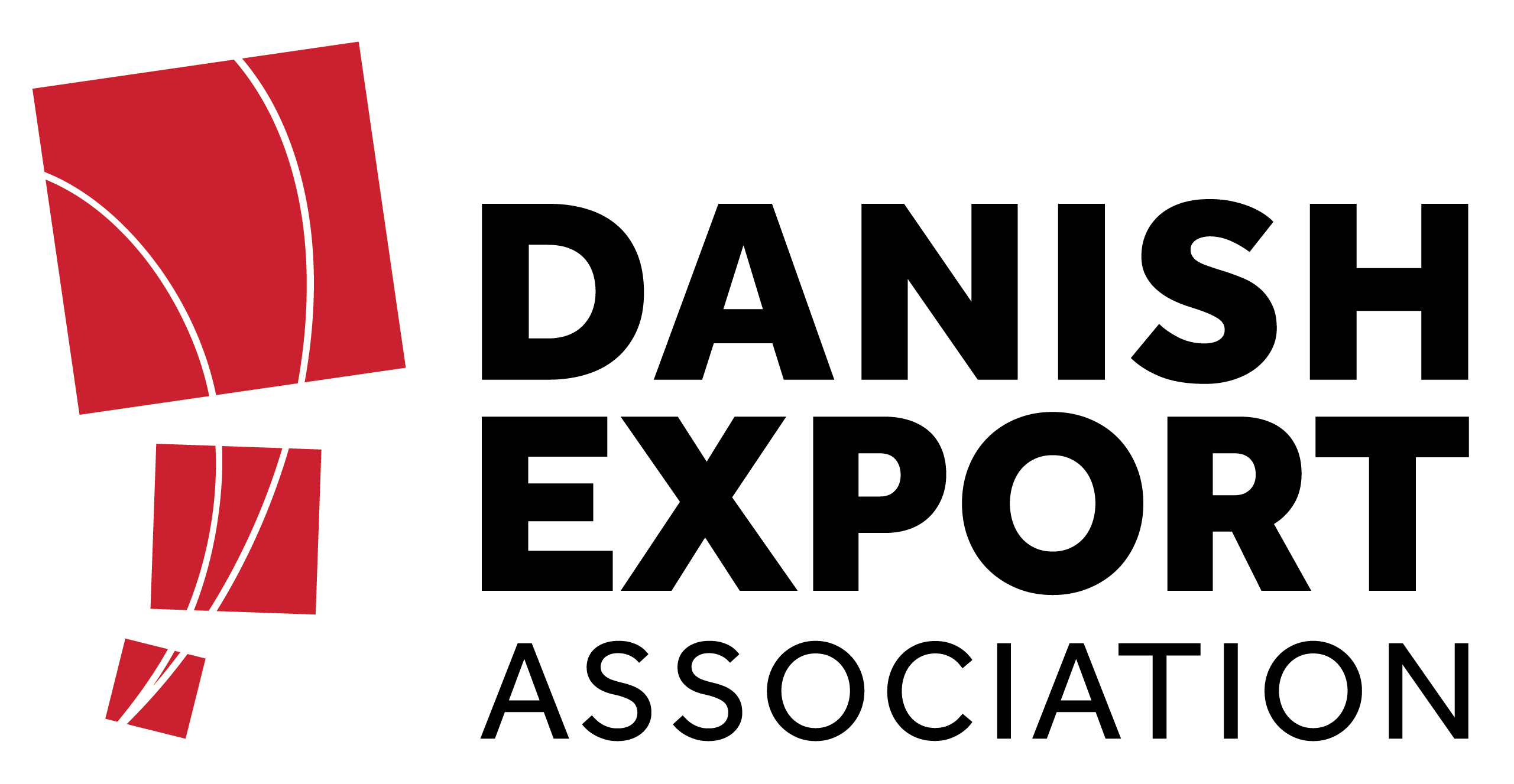Webinar: Water and wastewater opportunities in Turkey
Get an insight on opportunities for resource and water efficient solutions in Turkey.
Tidspunkt
16.04.2021
10:00 - 11:15 a.m. (CET)
Sted
Pris
The webinar is free of charge
Ledige pladser:
120 / 120
The webinar will present lessons learned from four technical workshop held between December 2020 and April 2021. You will also hear about opportunities for resource and water efficient solutions in Turkey.
Water sector in Turkey
Turkey with a population of 83 million people is neither a country rich in freshwater resources nor the richest country in its region being situated in a semi-arid region with only 1.350 cubic meters of water per capita. By the year 2030, this amount will decline to 1,000 m3 per capita/year with an expected population of 100 million.
Along with population growth, it is expected that water availability in many areas will be under more and more pressure in almost all river basins, both in terms of quality and quantity. Moreover, Turkey’s water resources are unevenly divided, and the discharge of untreated wastewater from urban and industrial areas causes water pollution.
It is estimated that in Istanbul region alone, there could be a justification for investment of as much as €300m into replacing pumps responsible for moving water. Such investment would free up more than 150MW of power capacity and save over 1,000GWh of electricity consumption every year.

Facts:
- 5% of population living in urban areas in 2007 vs. appx. 80 % in 2019.
- 6 billion m3 water resources, 36 % of this volume can be used for commercial purposes
- Annual freshwater consumption:44 billion m3, of which 74% is used for agriculture, 15% for domestic uses and 11% towards industrial ones.
Turkey's water management requires more than just hydraulic engineering and technical solutions, it necessitates integrated water resource management involving institutional, economic, environmental and social aspects. The water use in Turkey is much less efficient than in high-income countries. For example, GDP per ton of water used in Turkey is only about 40% of that of high-income countries.
Approximately 79% of the total residential wastewater is treated to a certain degree, and 61% of industrial wastewater (excluding cooling water) is treated before discharging to natural water bodies.
Source: The Trade Council
Agenda
-
10:00 - 10:05
Welcome and short introduction
by/ Seda Kayrak Bilgen, Senior Trade Manager/Team Leader Energy & Environment, Royal Danish Consulate General, Istanbul & Andreas Julskjær Pedersen, Danish Export – Water -
10:05 - 10:15
Turkey Country facts from with a focus on politics, demography and economy
by/ Danny Annan, Ambassador of Denmark to Turkey -
10:15 - 10:30
Overview of the Challenges and Opportunities in the Turkish water and waste water market including the outcome from technical workshops with Aarhus Vand and local water utilities
by/ Seda Kayrak Bilgen, Senior Trade Manager/Team Leader Energy & Environment, Royal Danish Consulate General, Istanbul (Flemming F. Pedersen, Operations Director, Aarhus Vand as the co-partner will be ready to answer questions.) -
10:30 - 10:45
Presentation of the findings of the report on SDG 6: Clean Water and Sanitation and İstanbul Report
by/ Resource, Environment and Climate Association (REC) -
10:45 - 11:00
Brief on operating in the Turkish market. A market case from one of the local established Danish companies
by/ İsmail Sincik AVK Turkey -
11:00 - 11:15
Next Steps and Final Q & A
Wrap Up by/Seda Kayrak Bilgen, Senior Trade Manager/Team Leader Energy & Environment, Royal Danish Consulate General, Istanbul & Andreas Julskjær Pedersen, Danish Export – Water
The webinar is arranged in cooperation with The Trade Council.

